Forum Replies Created
-
AuthorPosts
-
The only issue I have with that approach (looking at other sources) is that you end up just replicating what already exists.
The best way to think of this is a modular system. you build the output from different module/blocks.You can think of the current monkey2 audio as the following:
Sample playback -> volume & pan

Unfortunately (on the mac) the output for mono samples does not operate correctly. Also you can’t pan stereo samples.
So that is the starting point – fix those issues (sorted by the way)
OK. Now I have the direct control over the audio subsystem I can create completely new sound sources and fx. that can simply be dropped into the sound chain. These alone make a powerful system, but…
What we really need is a way to add some life (LFO and envelopes):

But that would mean some way to connect these controls together…

modules/mojo/app/app.monkey2 for the core
modules/mojo/app/view.monkey2 for the on.. stuffThanks guys. I can upload a macos demo if you want?
I’ve been working on/adding/modifying the blocks.
Additional generators (tri, PWM, saw and FM) and added the ability to seamlessly loop with automatic xfade.
The seamless loop is shown below with parameters for how large the loop is, where the end of the loop is and how much of a crossfade to include. It’s visual but also sound based, so you can just click and listen until clicks/pops just disappear!
Also shown is 2 generators at the same time: sample and organ. So you can have 2 (or more) sources being mixed together at the same time in the same single voice.
I’ve also improved the latency and clipped things so volume doesn’t go nuts and also added an output so you can see the current waveforms being generated.
I’m starting to look at how the control systems will operate. I’m thinking of 2 lfo’s and 2 envelopes, plus routings?
Attachments:
Windows 7/8 issues sorted. turned out to be a shader error with DX9. But needed a dev system on win7 to debug it properly…
also fielding any comments,thoughts, suggestions, etc
thanks. let me know how it run and on what system.
I know that there is a problem on windows7 for one person where it wont run at all?Lots of sound stuff sorted – found something nasty, but can live with it.
now onto (fully animated) options:
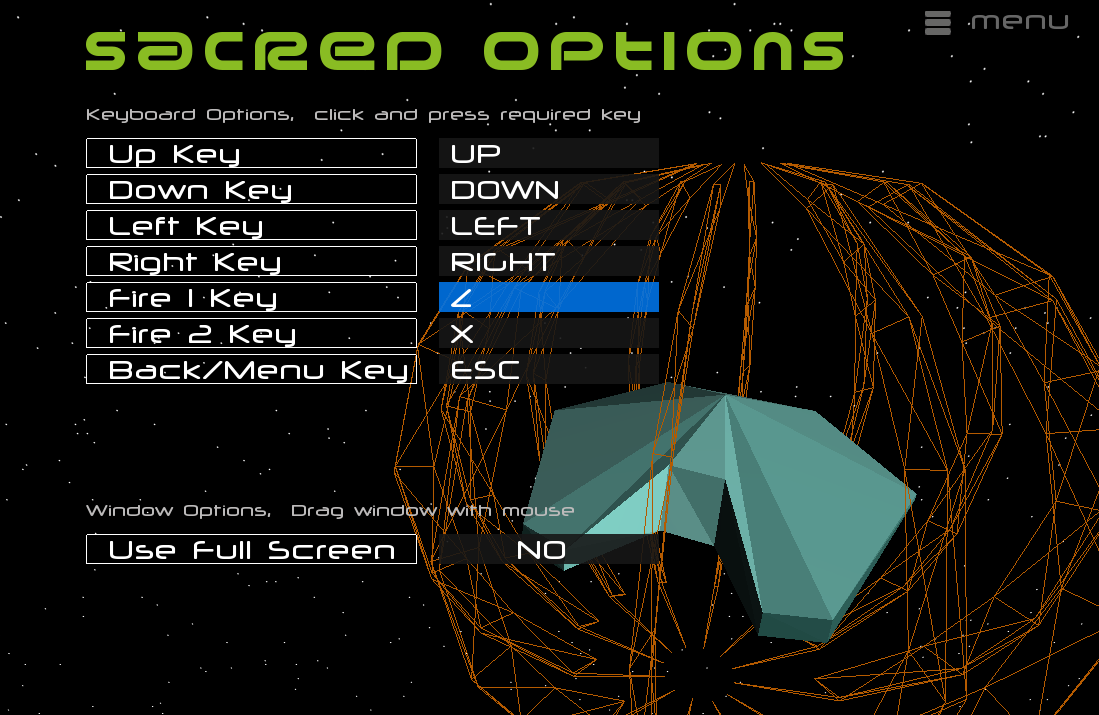
and maybe other stuff…
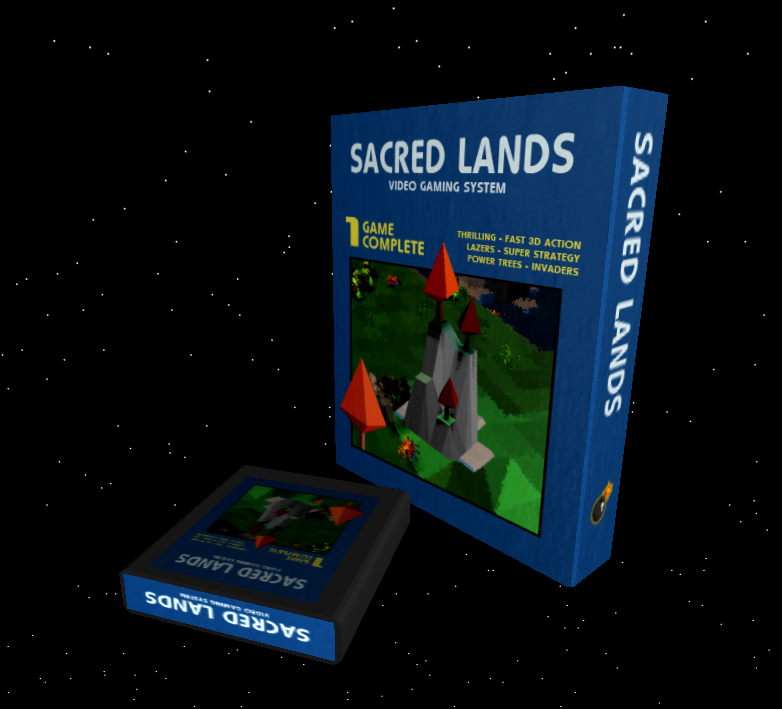
loose and win situations now complete…
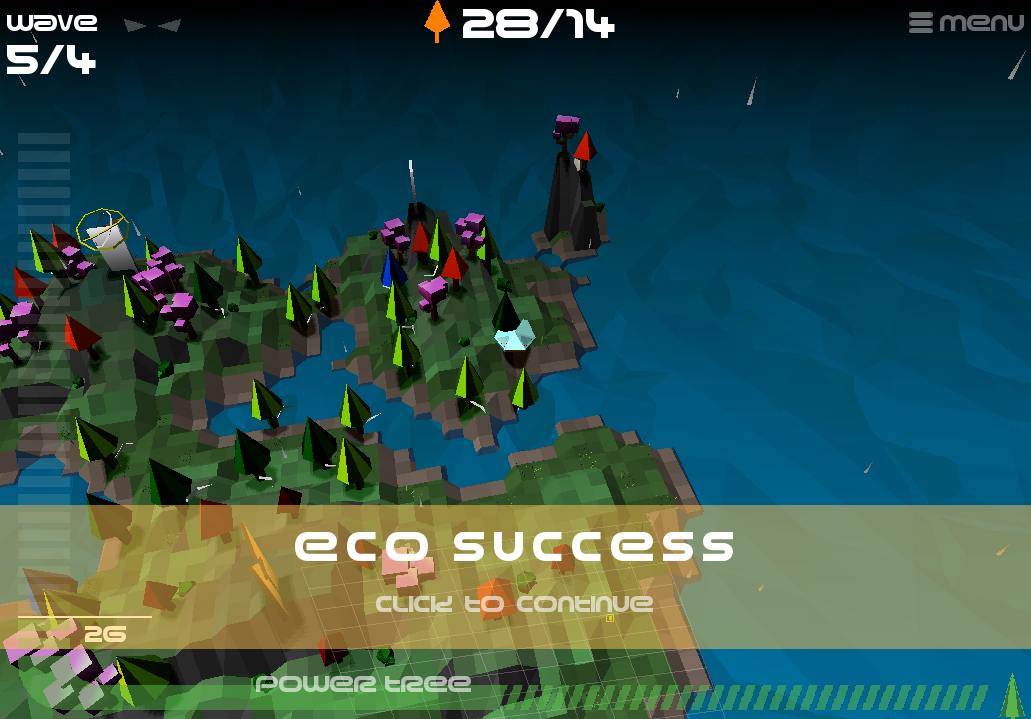
Been working on parts of the UI. The ship is now called ‘Sacred’. so there is a pun in the title too…
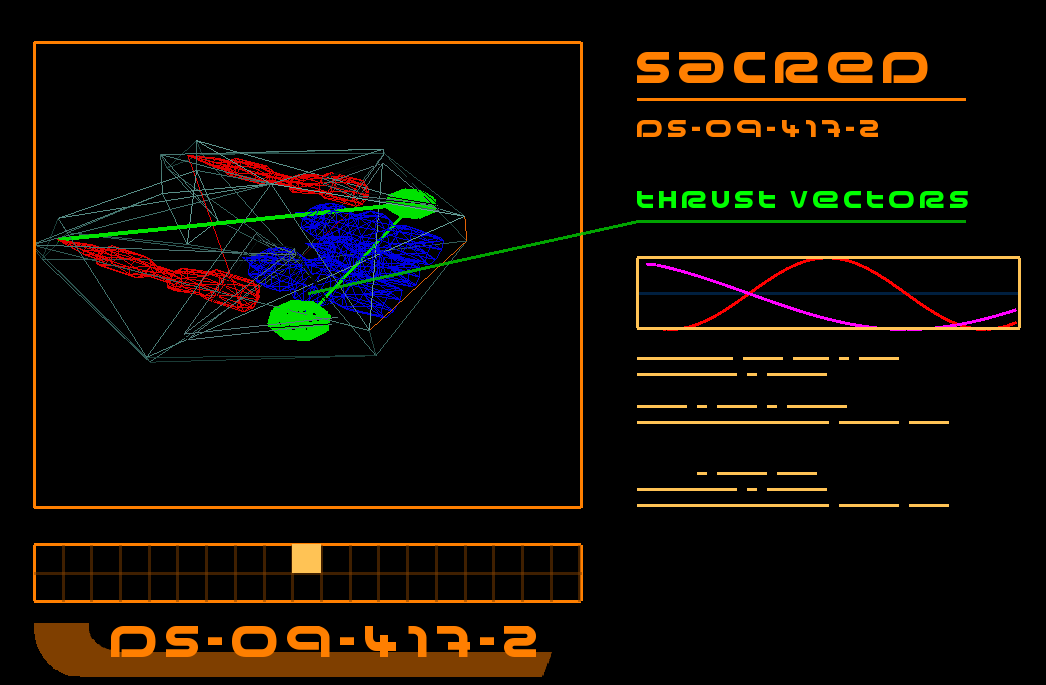
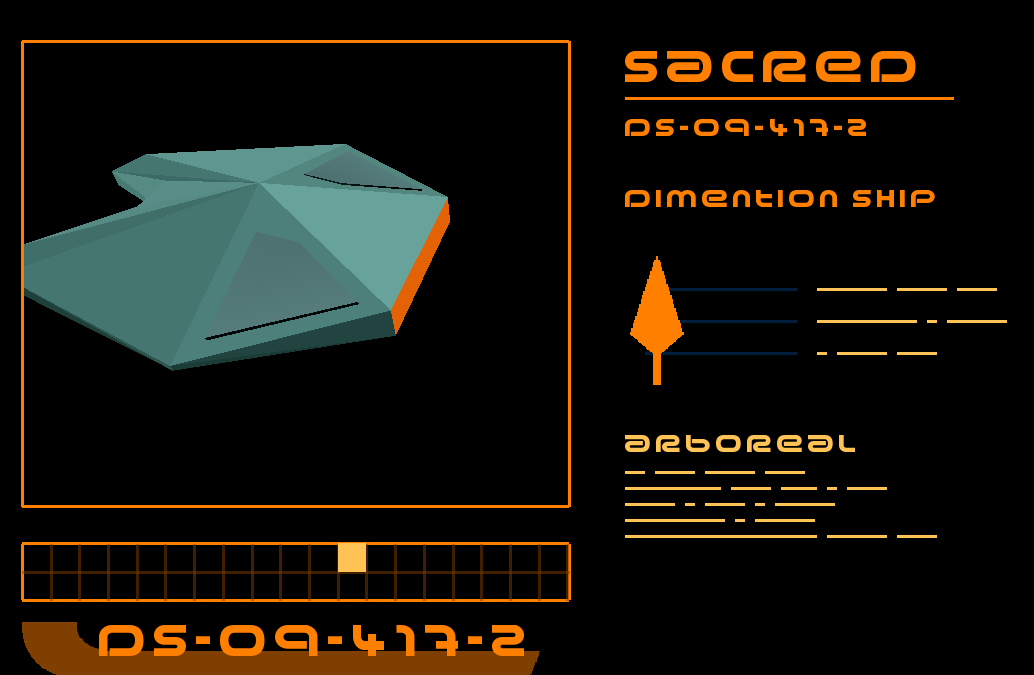
Or, you could add this to mojo/app/windows:
[/crayon]Monkey123456789[crayon-5cb9c9254bbfb763073923 inline="true" ] method WindowResize( x:int, y:int, width:int, height:int)SDL_SetWindowPosition( _sdlWindow, x, y )SDL_SetWindowSize( _sdlWindow, width, height )_frame = GetFrame()Frame = _frame_weirdHack = trueEndit will be compiled for windows, MacOS and Linux
You had some issues with ‘get to da choppa’ where sound would not function after playing for a long time.
But ifthis issue was cleared with (1.1.09) I’ll check it out
Thanks to all the help I got on this.
I eventually gave up and started again – it works!!!!
Here’s what I did:
– Linux Mint 64bit Sylviasudo apt-get install g++ xorg-dev qtcreator libopenal-dev libgl1-mesa-dev libsdl2-dev
sudo apt-get install build-essential$ chmod +x scripts/*.sh
$ chmod +x bin/mx2cc_linux
$ cd scripts
$ ./rebuildall.shAfterwards there was a bin/ted2_linux/ted2 binary which enabled starting to code.
with monkey and 2d thank of any graphics (images) as having an added color and alpha.
so (lets say) a white star, can be draw in any color and any alpha. So if you want four stars, one red, one blue, one green and one white.
You just need to have one white star and draw it using different color commandsOne way to do shadows would be something like:
shadowcolor = black
shadow image = white where the shadow is to bedraw the image using black as the color
if you are using 2d commands then
color = black
alpha = 0.1
draw where you want the shadowswhat was the old hardware he was trying to run it on?
me too. enlarged pointer no problem
-
AuthorPosts


